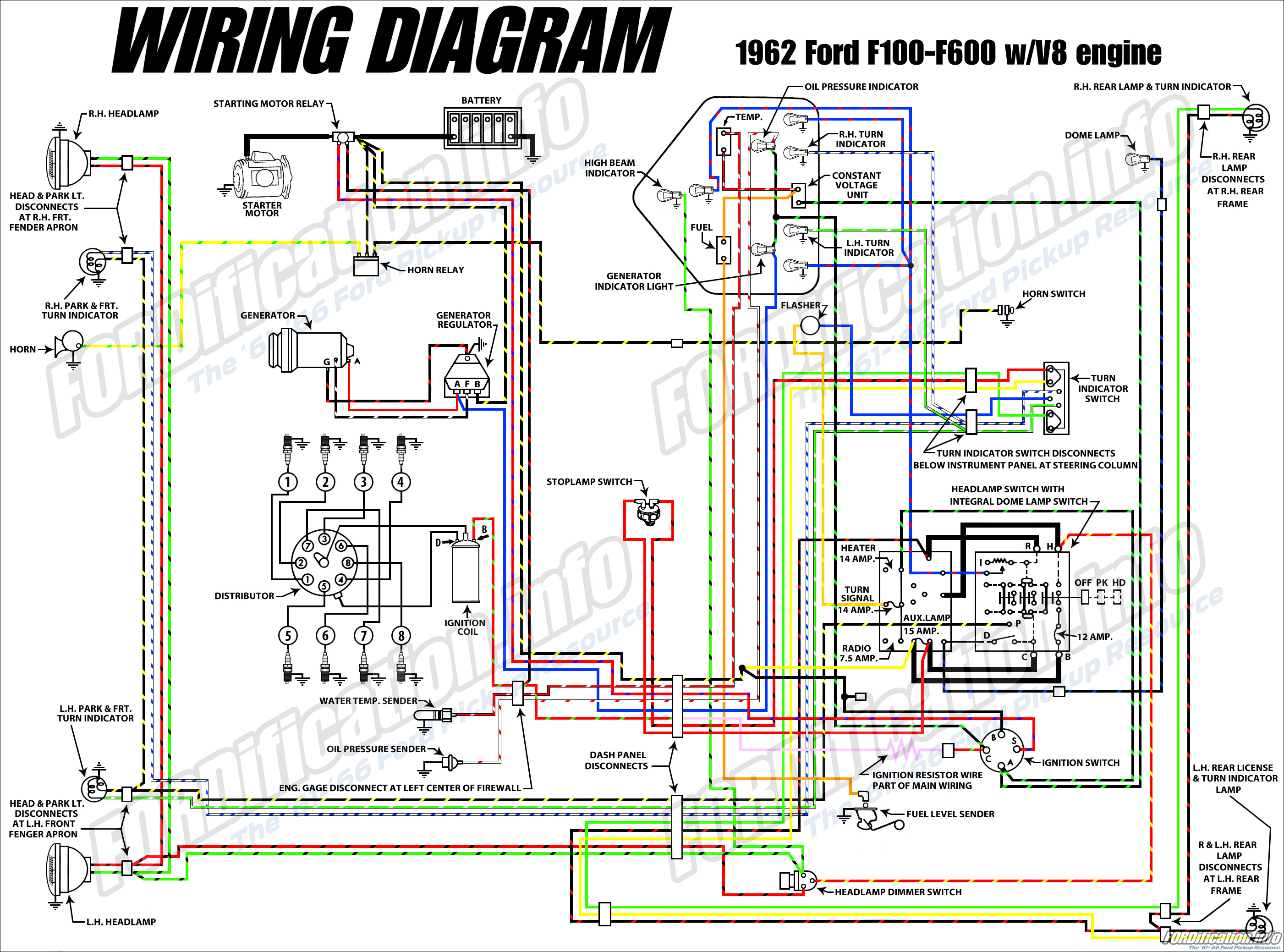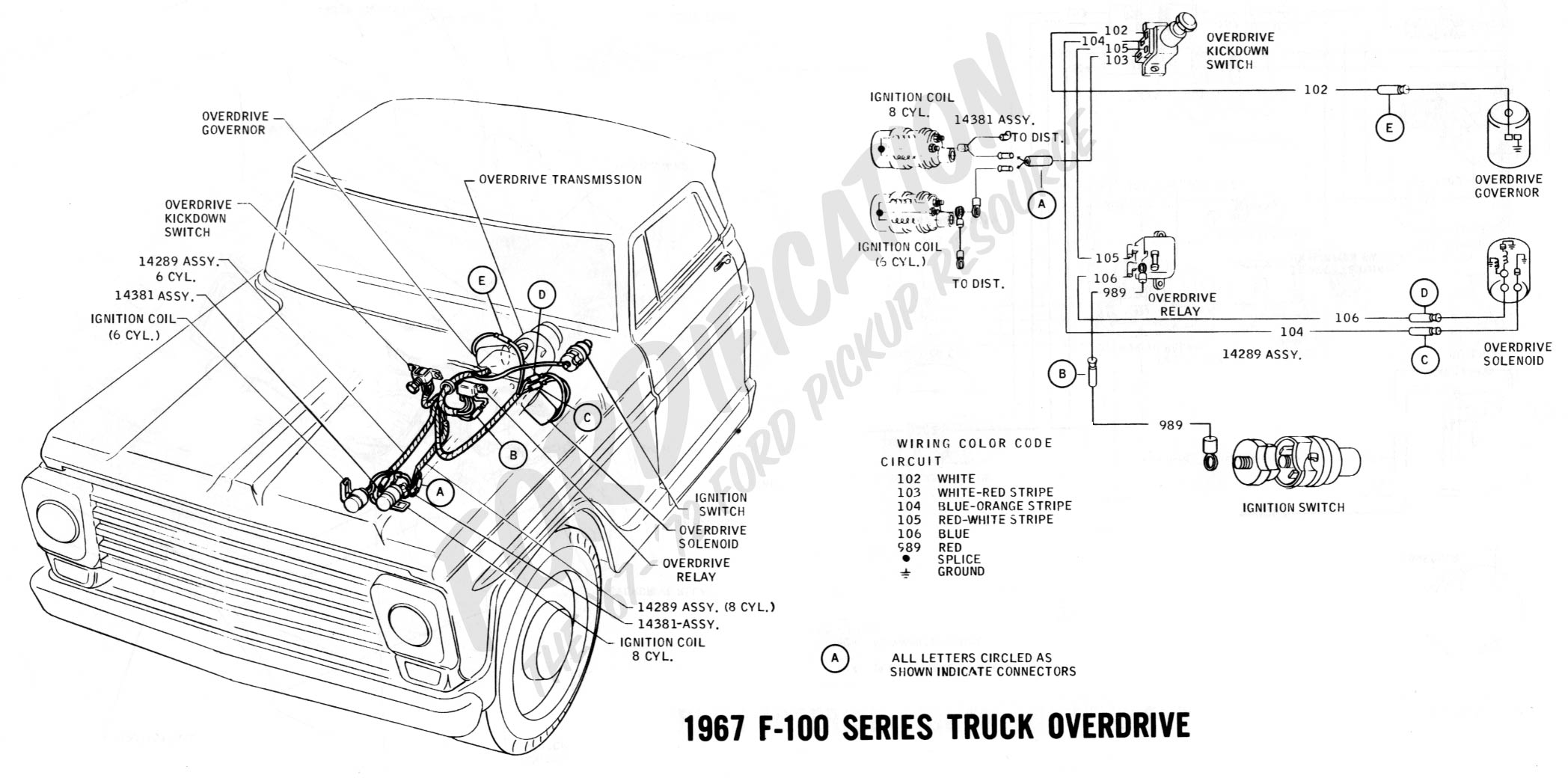Are you looking for a comprehensive guide on Ford F100 Wiring Diagram? Look no further! In this article, we will delve into the importance of Ford F100 Wiring Diagram, how to read and interpret them effectively, and how they can be used for troubleshooting electrical problems.
Why are Ford F100 Wiring Diagrams essential?
Wiring diagrams are essential for understanding the electrical system of your Ford F100. They provide a visual representation of the wiring layout, showing how different components are connected and powered. Here are some reasons why Ford F100 Wiring Diagrams are essential:
- Helps in understanding the electrical system of the vehicle
- Aids in diagnosing and troubleshooting electrical issues
- Guides in making electrical repairs and modifications
- Ensures proper installation of aftermarket accessories
How to read and interpret Ford F100 Wiring Diagrams effectively
Reading and interpreting wiring diagrams may seem daunting at first, but with some guidance, it can become a valuable skill. Here are some tips to help you read and interpret Ford F100 Wiring Diagrams effectively:
- Start by understanding the symbols and color codes used in the diagram
- Follow the flow of the wiring from one component to another
- Identify key components such as switches, relays, and connectors
- Refer to the legend or key to understand the different symbols and their meanings
Using Ford F100 Wiring Diagrams for troubleshooting electrical problems
Wiring diagrams can be invaluable when it comes to troubleshooting electrical problems in your Ford F100. Here’s how you can use them effectively:
- Identify the affected circuit in the wiring diagram
- Trace the wiring to locate any potential issues such as loose connections or damaged wires
- Use a multimeter to test the continuity and voltage at different points in the circuit
- Refer to the wiring diagram to understand the expected voltage and continuity readings
Importance of safety when working with electrical systems
When working with electrical systems and using wiring diagrams, safety should always be a top priority. Here are some safety tips and best practices to keep in mind:
- Always disconnect the battery before working on any electrical components
- Use insulated tools to prevent electric shock
- Avoid working on electrical systems in wet or damp conditions
- Double-check your work before re-connecting the battery to prevent short circuits
Ford F100 Wiring Diagram
Electrical Wiring Diagram Of Ford F100 | All about Wiring Diagrams

1977 Ford F100 Wiring Schematics

1958 Ford F100 Wiring Diagram

1971 Ford F100 Wiring Diagram Database

1972 Ford F100 Wiring Schematic
